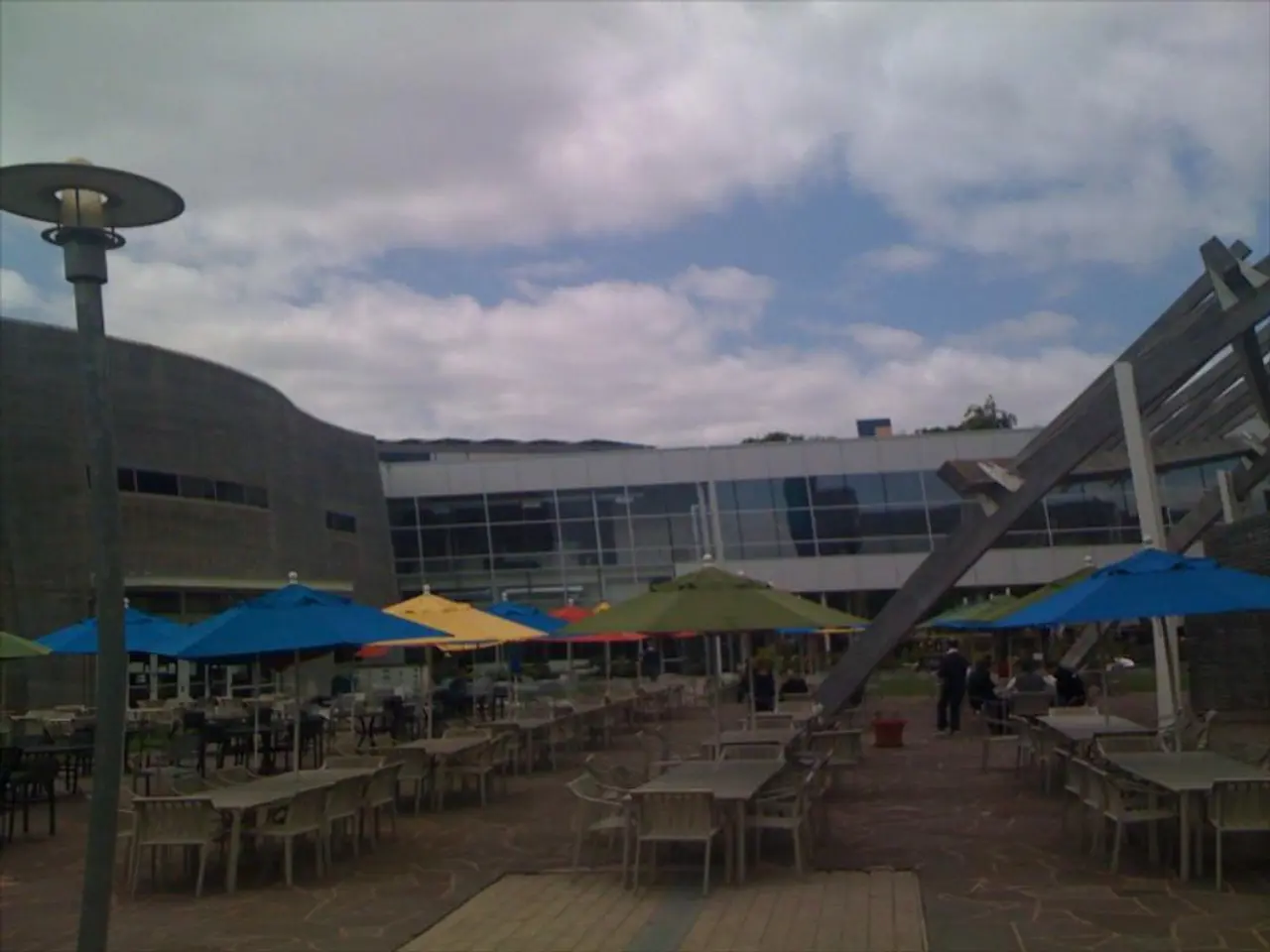Tourism in Las Vegas anticipated to see further drops in visitor numbers and hotel occupancy before any notable recovery
Las Vegas, known as the Entertainment Capital of the World, is currently facing a significant decline in tourism, according to the head of the Las Vegas Convention and Visitors Authority (LVCVA), Steve Hill.
The decline, which began in 2022 and has continued into 2025, is primarily due to a sharp drop in international tourists, rising costs, and a lack of major entertainment headliners.
International tourism, which usually involves longer stays and higher spending, dropped over 13% in June 2025 compared to the previous year. This decline was influenced by increased visa fees and reductions in federal funding for international travel promotion programs initiated during the Trump administration.
Visitors are also discouraged by high prices for basic items and additional resort fees, parking charges, and early check-in fees. This "nickel-and-diming" effect makes the destination feel less attractive financially.
The lack of major entertainment options has also contributed to the decline. Lost big-name shows, such as Adele and Garth Brooks, led to decreased non-gaming revenues and overall appeal.
Many potential visitors are cautious about discretionary spending due to inflation and economic uncertainty, leading to fewer domestic tourists and reduced spending while visiting.
Casino properties and industry leaders are responding to the decline by anticipating a temporary "soft summer" with plans for a rebound. Major operators like Caesars Entertainment acknowledge the short-term slowdown and expect recovery as new entertainment options return and economic conditions stabilize.
With hotel occupancy dropping below 70%, properties may manage capacity and pricing strategically to balance supply and demand. Industry leaders have also publicly noted the adverse effects of increased visa fees and cuts to marketing programs for international visitors, pushing for policy reconsiderations to help revive foreign tourism.
The LVCVA is focusing on a message to consumers that Las Vegas offers an experience for every budget. The Hard Rock resort under construction at the former Mirage site is the exception, with an estimated cost of $4 billion to $5 billion.
Despite the challenges, there are signs of hope. The Canelo Alvarez and Terence Crawford fight on September 13 and the Raiders hosting the Los Angeles Chargers on Monday Night Football are expected to boost tourism in Las Vegas.
The national average for average daily rates is currently 22%, lower than Las Vegas's rate. However, hotel partners have chosen to prioritize raising average daily rates over increasing visitation, resulting in a 32% increase from 2019 levels.
Some casino properties are starting to respond to the decline in tourism by targeting a more "price-sensitive audience" or consumer. The Sahara has eliminated resort fees for the summer as a response to the decline in tourism.
Steve Hill emphasizes that the LVCVA's goal is to drive demand to exceed supply. He dismisses the suggestion that the proliferation of gaming across the country and igaming has had a negative impact on Las Vegas. He also expresses concern about the deployment of capital in Las Vegas, suggesting opportunities for investment in the city.
Hosting the Super Bowl in 2024 helped put Las Vegas "on the map," according to Hill. He remains optimistic about the future of Las Vegas tourism, despite the current challenges.
[1] Co-Star reported that Las Vegas had the second-largest drop in hotel occupancy among the top 25 markets, behind Houston. [2] The Formula One race is scheduled for the weekend before Thanksgiving because it is one of the slowest weeks of the year, and the contract prevents it from being held any other week. [3] Hotel partners have chosen to prioritize raising average daily rates over increasing visitation, resulting in a 32% increase from 2019 levels. [4] Visitation is down about 7% and average daily room rates (ADR) are also down, resulting in a 14% drop in revenue per room. [5] Hill emphasizes that the LVCVA's goal is to drive demand to exceed supply. He dismisses the suggestion that the proliferation of gaming across the country and igaming has had a negative impact on Las Vegas. He also expresses concern about the deployment of capital in Las Vegas, suggesting opportunities for investment in the city.
- The decline in Las Vegas tourism has affected various sectors, including the banking-and-insurance industry due to reduced spending by visitors, resulting in lower revenues.
- The Casino-and-gambling industry in Las Vegas is adapting to the tourism slump by focusing on a more price-sensitive audience, with establishments like the Sahara eliminating resort fees for the summer.
- Finance experts argue that the Casino-culture of Las Vegas, coupled with its primetime events such as the Formula One race and major sports contests, could potentially draw back tourism, aiding the recovery of the finance and banking-and-insurance sectors in the city.




